Optimal Timing for Waterproofing
Waterproofing is a critical process that protects structures from water intrusion, preventing damage to foundations, basements, and roofing. Proper timing ensures optimal adhesion and effectiveness, reducing future repair costs and extending the lifespan of the building.
Spring offers moderate temperatures and increased humidity, making it suitable for waterproofing applications before heavy rain seasons.
Summer's warm, dry weather allows for effective application, especially in preparation for winter moisture challenges.
Fall provides cooler temperatures and less humidity, ideal for sealing and waterproofing before winter.
Winter is generally unsuitable due to low temperatures and potential for frost, which hinder proper curing and adhesion.
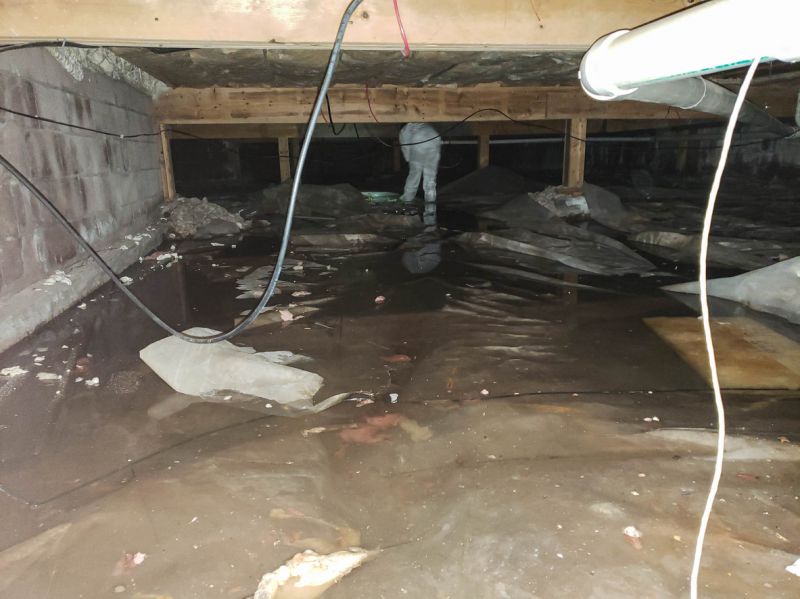
Ways to make Waterproofings work in tight or awkward layouts.
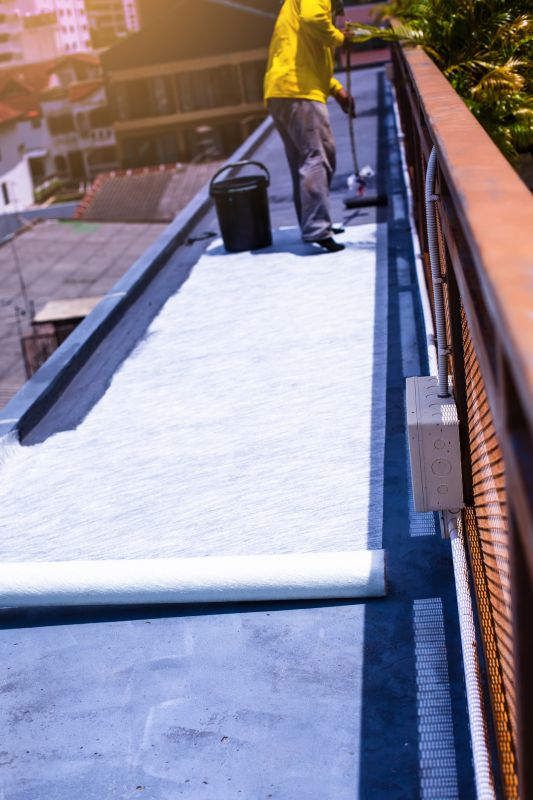
Popular materials for Waterproofings and why they hold up over time.
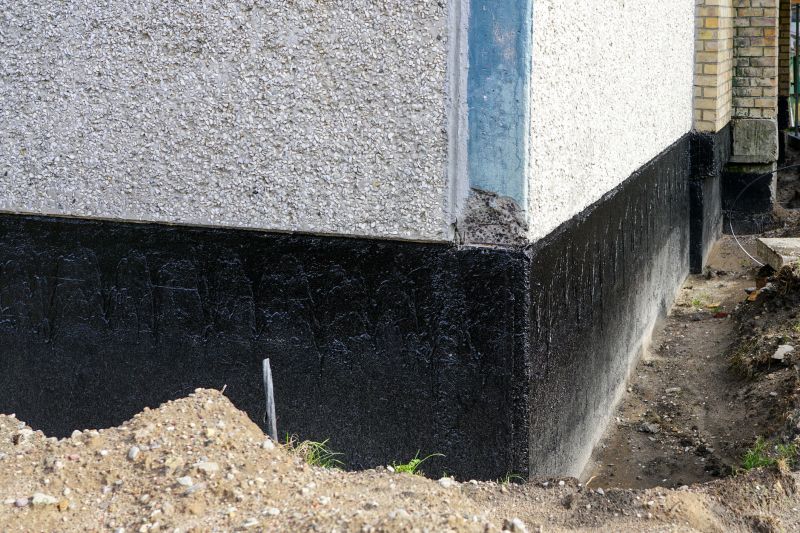
Simple add-ons that improve Waterproofings without blowing the budget.
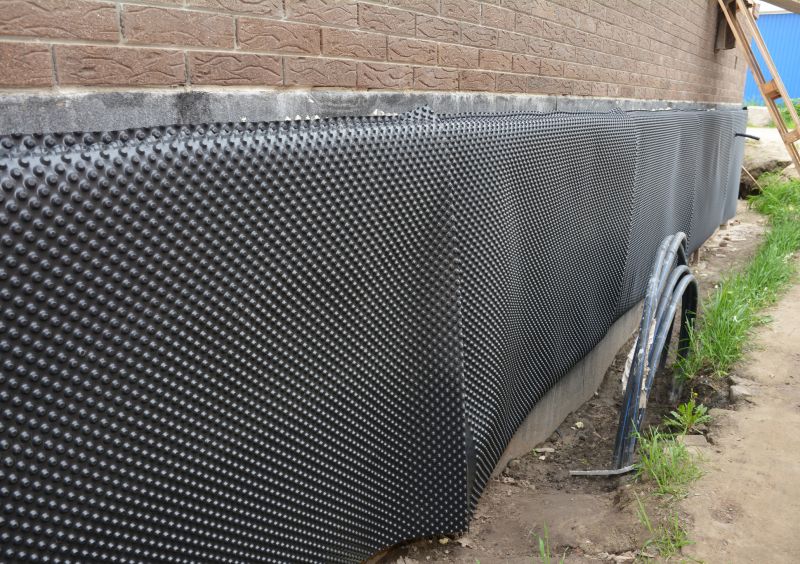
High-end options that actually feel worth it for Waterproofings.
Waterproofings are essential for maintaining the structural integrity of buildings, especially in regions prone to heavy rainfall or snow. They involve applying specialized materials to prevent water from penetrating surfaces, which can lead to mold growth, foundation erosion, and interior damage. Advances in waterproofing technology include liquid membranes, sheet membranes, and sealants, each suited for specific applications and environmental conditions. Properly timed waterproofing ensures effective curing, adhesion, and long-term performance, making it a vital consideration in construction and maintenance schedules.
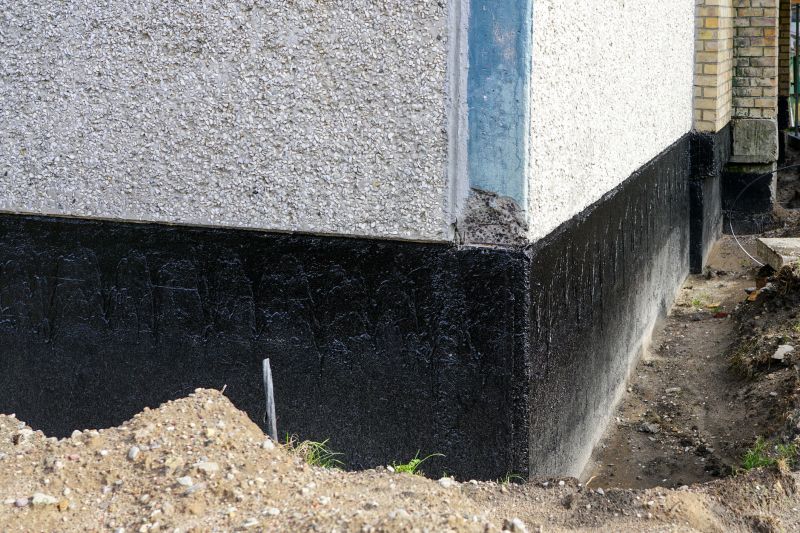
Finishes and colors that play nicely with Waterproofings.
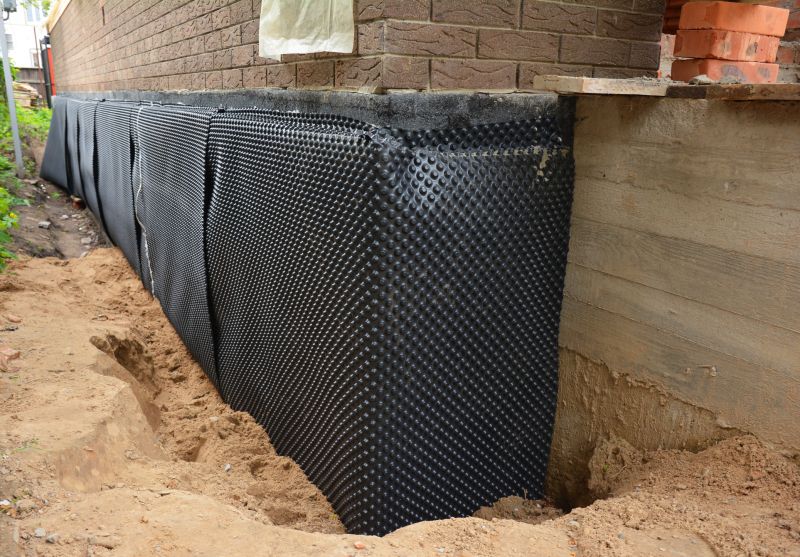
Little measurements that prevent headaches on Waterproofings day.
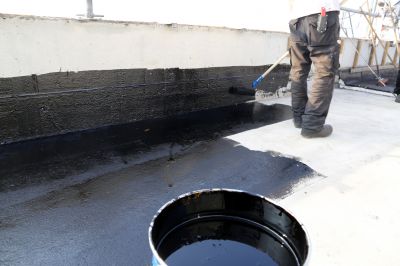
A 60-second routine that keeps Waterproofings looking new.
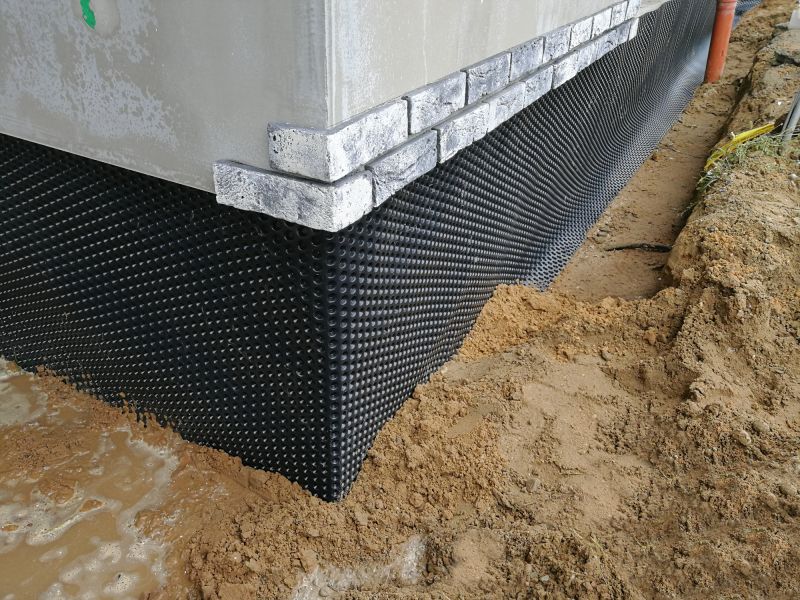
A frequent mistake in Waterproofings and how to dodge it.
| Season | Best Conditions for Waterproofing |
|---|---|
| Spring | Temperatures above 50°F, low humidity, dry weather for 24 hours |
| Summer | Warm temperatures, dry days, minimal rain during application |
| Fall | Cooler temperatures, dry conditions, before winter |
| Winter | Generally unsuitable due to low temperatures and frost |
| Optimal Timing | Mid to late spring or early fall for best results |
Choosing the appropriate time for waterproofing depends on local climate conditions and specific project requirements. Proper planning and execution during suitable seasons can enhance durability and effectiveness, ensuring structures remain protected from water damage. Regular maintenance and timely reapplication contribute to long-term performance, especially in climates with significant seasonal variations.
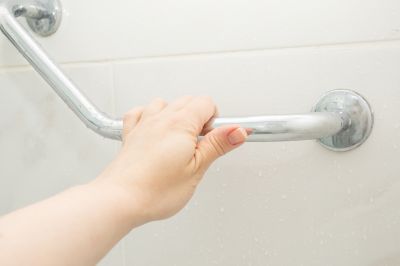
Small tweaks to make Waterproofings safer and easier to use.
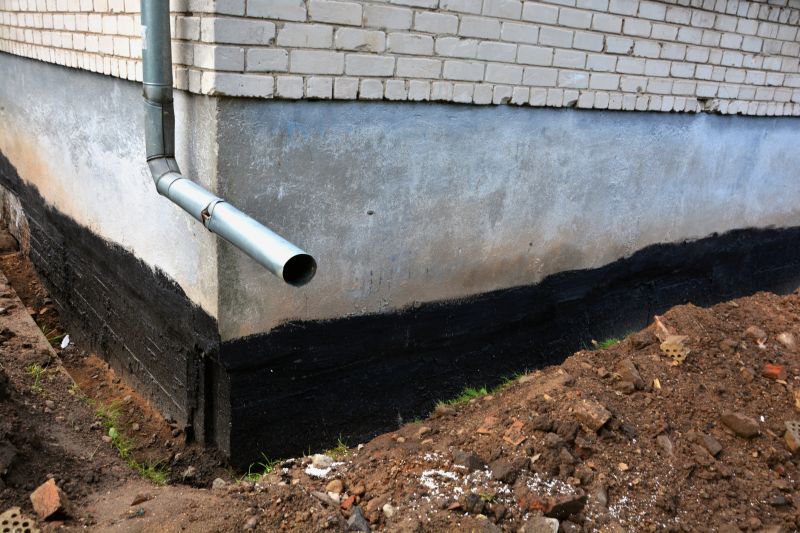
Lower-waste or water-saving choices for Waterproofings.
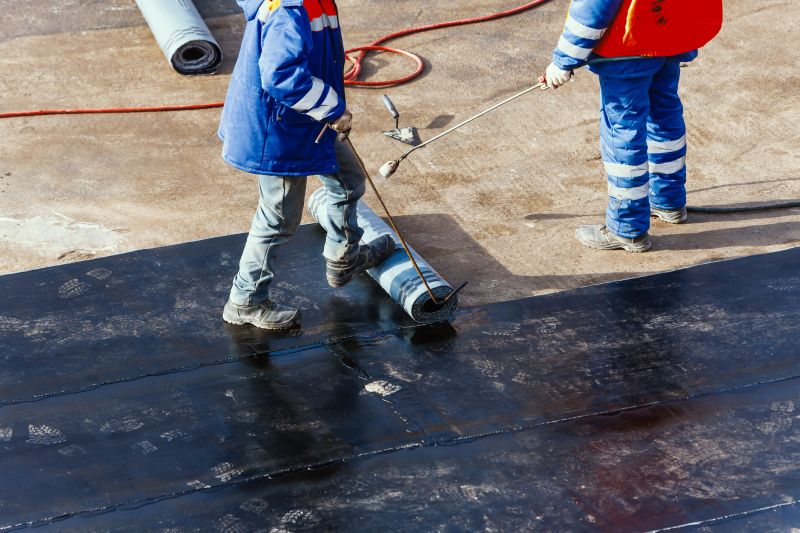
The short, realistic tool list for quality Waterproofings.
For those interested in waterproofing services, filling out the contact form provides a way to discuss specific needs and scheduling options. Proper timing and application techniques are key to ensuring long-lasting protection against water intrusion, ultimately safeguarding property value and structural integrity.


